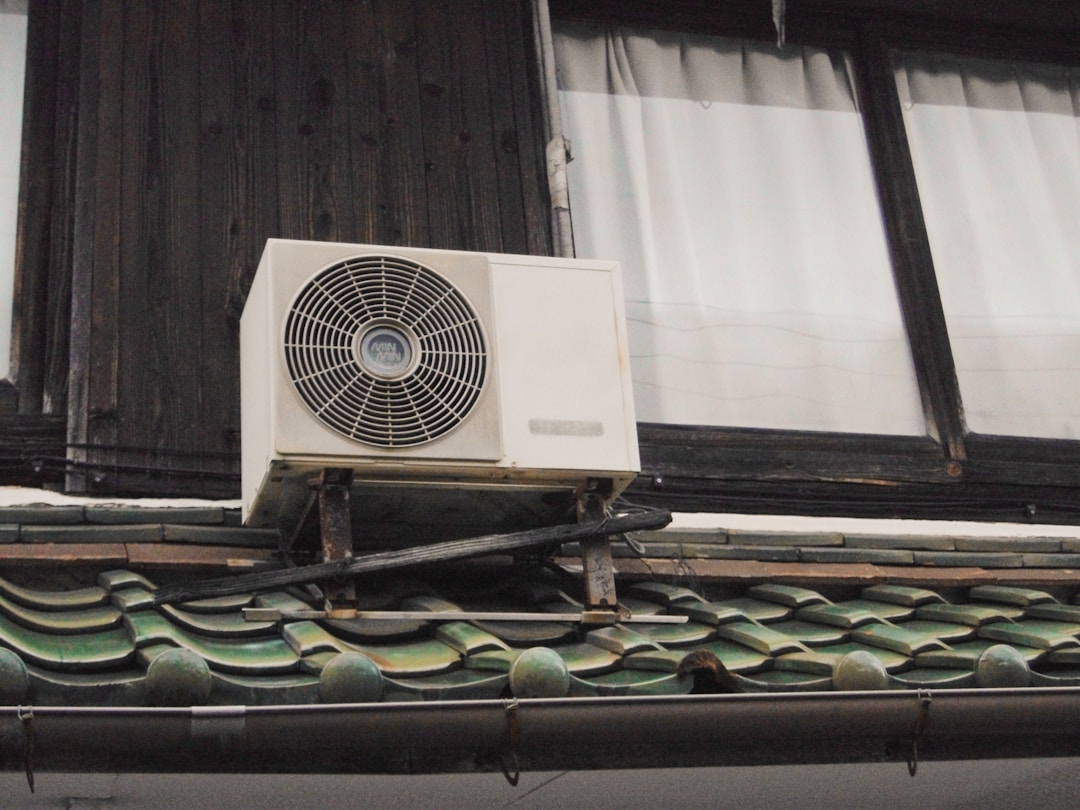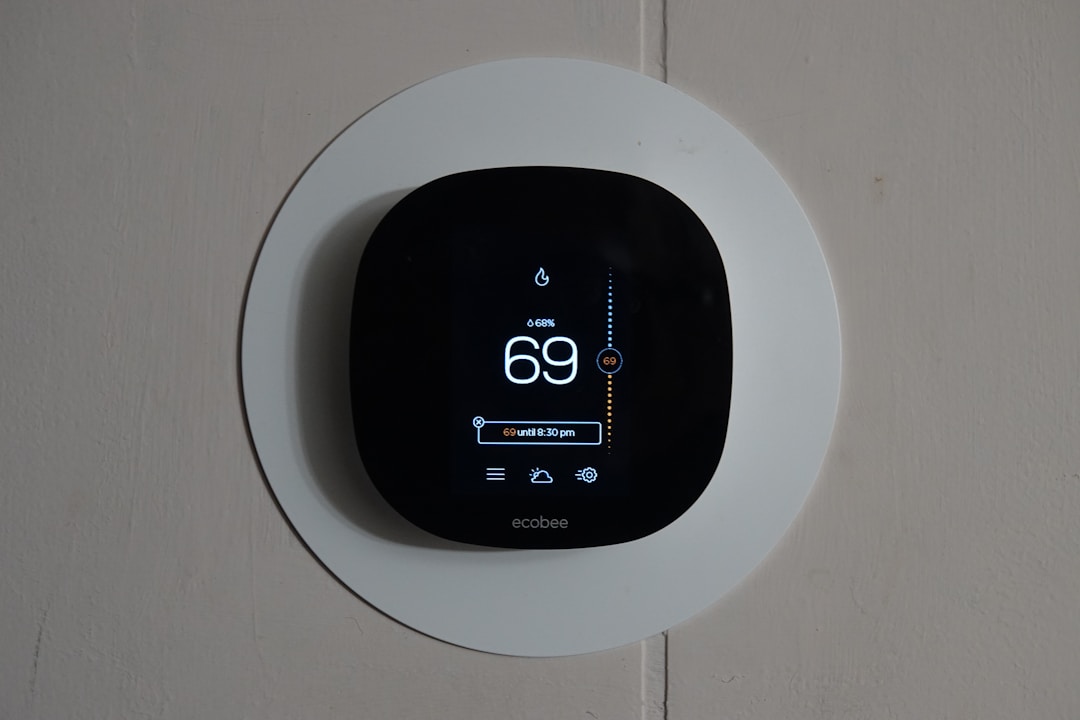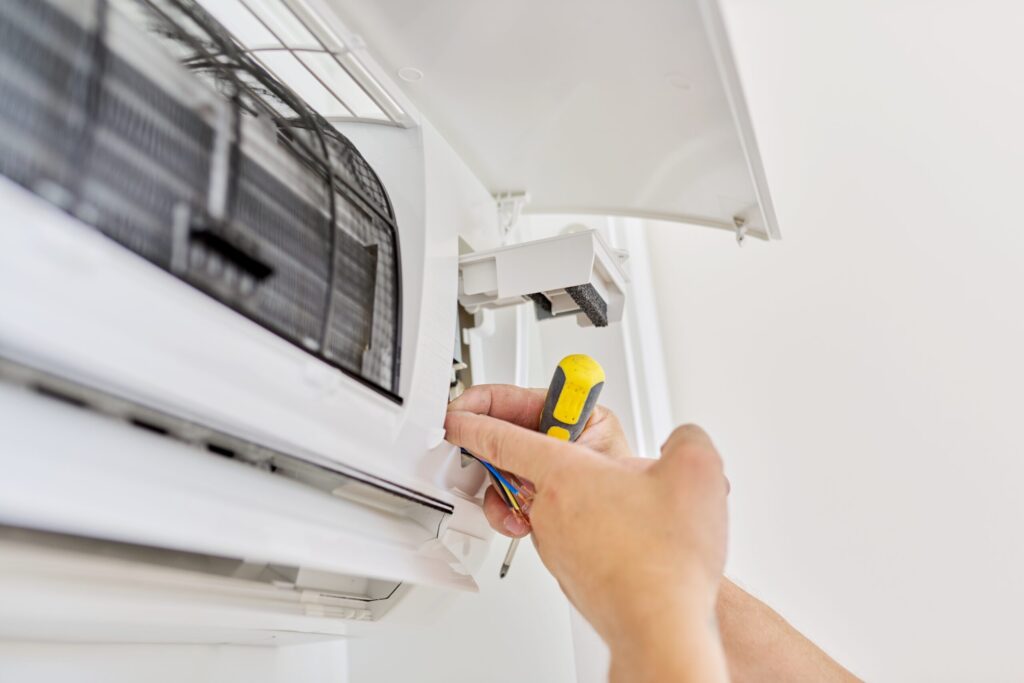As summer approaches and temperatures continue to rise, more and more people will rely on their air conditioners for comfort and relief from the heat. Being energy-efficient while using your air conditioner is essential, as it can save you money and reduce the impact on the environment. In this article, we will share valuable energy-saving tips that will help you to optimize the performance of your air conditioner while lowering your energy consumption.
Maintain and Clean Your Air Conditioner

One of the best ways to ensure your air conditioner is running efficiently is by keeping it well-maintained and clean. Regularly check and replace the filters, as dirty or clogged filters can impede airflow, resulting in your air conditioner working harder and consuming more energy. Filters should be changed every one to two months during peak cooling months for optimal performance and energy efficiency.
Scheduling an annual tune-up for your air conditioner with a trusted company, such as Pol’s Heating and Cooling, LLC, can ensure that your unit is operating at its peak efficiency. Professional HVAC technicians can identify any issues or potential problems and make necessary adjustments to improve the energy efficiency of your air conditioner. They can also clean the coils and fins on your air conditioner unit since dust and debris can build up and reduce a system’s effectiveness. Inspecting and cleaning both your indoor and outdoor coils, as well as the fins, will maintain your air conditioner’s optimal performance.
Optimize Your Home’s Insulation and Ventilation
Another aspect of energy-efficient air conditioning is the insulation and ventilation of your home. Good insulation can reduce the amount of heat your home absorbs, thereby decreasing the workload of your air conditioner. Ensure that your home is well-insulated, paying particular attention to the attic and walls. Adding weather stripping to doors and windows can also protect the desired indoor temperature by preventing drafts and air leaks.
Ventilation is equally critical, as it can assist in removing hot air from your home. Installing and using exhaust fans in your kitchen, bathrooms, and laundry room can expel hot air and humidity. Using attic and whole-house fans can circulate air throughout your home, reducing the need for continuous air conditioning. The combined use of insulation and proper ventilation can significantly improve the energy efficiency of your air conditioner.
Utilize Smart Thermostats and Energy-Saving Settings

Installing a smart or programmable thermostat can be another way to save energy while using your air conditioner. These devices allow you to set your air conditioner to adjust the temperature automatically when you’re not at home or during the night. By raising the temperature during these times, you can decrease your air conditioner’s energy consumption without sacrificing comfort.
Many air conditioners also have energy-saving settings or modes that adjust the unit’s operation to reduce energy consumption.
Utilizing these settings can lower your energy bill. Setting your thermostat a few degrees higher than usual and using fans to circulate cool air can help you save energy without sacrificing comfort. Always remember to turn off your air conditioner when you are not at home or when the weather is cool enough. There is no need to cool an empty house, and turning off your air conditioner when it is not needed can result in substantial energy savings.
Upgrade to Energy-Efficient Air Conditioning System

If your air conditioner is more than ten years old or not functioning properly, investing in an energy-efficient system is a wise decision. Newer air conditioners are designed with energy efficiency in mind, allowing them to consume less energy while providing the same cooling output as older units. Upgrading to an energy-efficient model will not only save you money on your energy bill but also help in reducing your carbon footprint.
When researching air conditioning systems, pay close attention to their Seasonal Energy Efficiency Ratio (SEER) rating. A higher SEER rating indicates a more energy-efficient unit and a minimum rating of 13 is recommended for optimal energy savings. Additionally, look for systems that have the ENERGY STAR certification, as they meet strict energy efficiency criteria set by the United States Environmental Protection Agency.
As you can see, these energy-saving tips can meaningfully reduce the energy consumption of your air conditioner, resulting in lower energy bills and a reduced impact on the environment. With thoughtful planning and a commitment to efficiency, you can maintain a comfortable home during the hottest months while conserving energy and saving money. If you follow the tips in this article, you and your family will enjoy the effects of your HVAC system for years to come.









